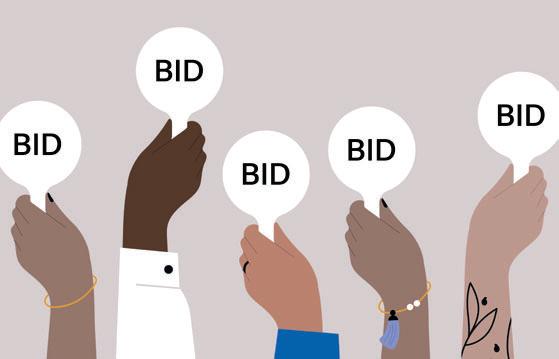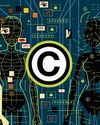Try GOLD - Free
Honesty Won This Economist a Nobel Prize
Scientific American
|December 2025
Here's the surprising math at the heart of auction theory

YOU'RE AT A BLIND AUCTION, and the rules are simple: if you see something that you want, place a secret bid, and the item will sell to the highest bidder at their stated price. You would love to take home that new laptop or a concert ticket, but how much should you bid? Even if you can perfectly quantify what each item is worth to you, you face a dilemma: you have no idea how others will bid. Should you bid close to your personal maximum and risk overpaying if everybody else bids low? Or should you bid low yourself and hope to get lucky? A clever tweak to the rules of the auction eliminates this strategic guessing game and replaces it with an incentive rarely found in money games: honesty. The tweak has inspired real-world auctions that power e-commerce and helped to earn its inventor a Nobel Prize in economics.
The branch of economics known as auction theory calls the above scenario a first-price sealed-bid auction. “Sealed-bid” means bids are private, and “first-price” indicates that the winner pays the highest price among all the bids. In 1961 Columbia University professor of economics William Vickrey proposed an ingenious alternative. In his version, the highest bidder still wins but pays only the amount of the second-highest bid.
This peculiar twist has a radical effect on bidders’ incentives. In a first-price sealed-bid auction, bidders are incentivized to “shade” their bids by offering less than what they consider as the object’s true value to avoid overpaying. But in a second-price sealed-bid auction (also called a Vickrey auction), the best move would be to bid what the object is worth to you. No game playing required.
This story is from the December 2025 edition of Scientific American.
Subscribe to Magzter GOLD to access thousands of curated premium stories, and 10,000+ magazines and newspapers.
Already a subscriber? Sign In
MORE STORIES FROM Scientific American
Scientific American
Will We Run Out of Rare Earth Elements?
These valuable but difficult-to-extract metals are increasingly important to modern life
1 mins
December 2025

Scientific American
Copyright Laws Can Stop Deepfakes
The U.S. should give its residents rights to their own face and voice
4 mins
December 2025

Scientific American
50, 100 & 150 Years
“The list of first-aid procedures that the medical profession encourages laypeople to undertake is short because of concern that tactics applied in ignorance may do more harm than good.
3 mins
December 2025

Scientific American
Dramatic Atmosphere
Exoplanet TOI-561 b has air where none should persist
2 mins
December 2025

Scientific American
The Mother of Depressions
Postpartum depression is a leading cause of death among new mothers. A new type of drug offers better, faster treatment
16 mins
December 2025

Scientific American
Going Rogue
A massive study may improve the prediction of dangerous rogue waves
3 mins
December 2025

Scientific American
Phages Caught Sleeping
Bacteria use hibernating viruses to immunize themselves
2 mins
December 2025
Scientific American
THE COVERT HERBARIUM OF CRYPTOGAMIC BOTANY
A century ago a father and a son labored to replicate the intricate structure of nearly eight hundred species of plants in four thousand delicate models.
1 min
December 2025

Scientific American
Are AI Chatbots Healthy for Teens?
Kids crave approval from their peers. Chatbots offer an alternative to real-life relationships, but they can come at a price
5 mins
December 2025

Scientific American
The Myth of the Designer Baby
Parents beware of any genomics firm saying it can help them with “genetic optimization” of their embryos
5 mins
December 2025
Listen
Translate
Change font size

